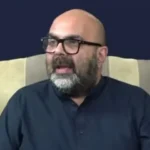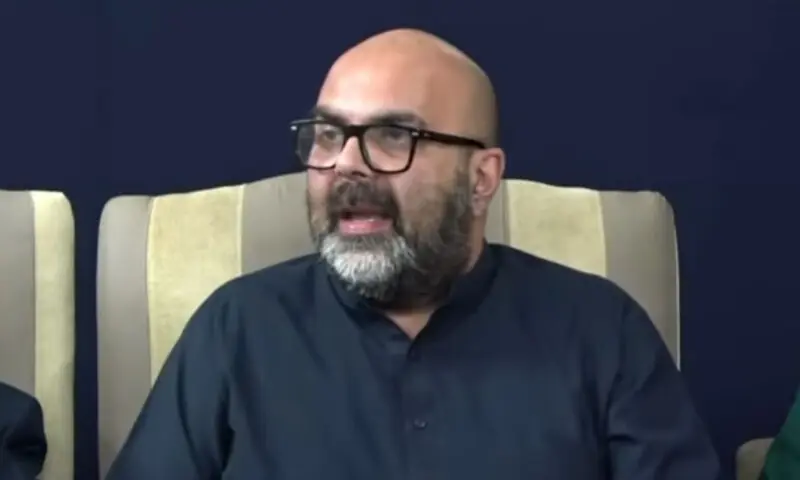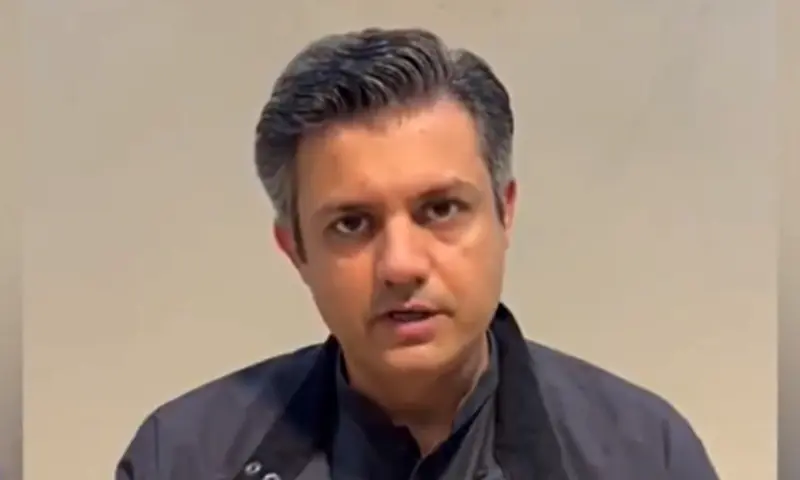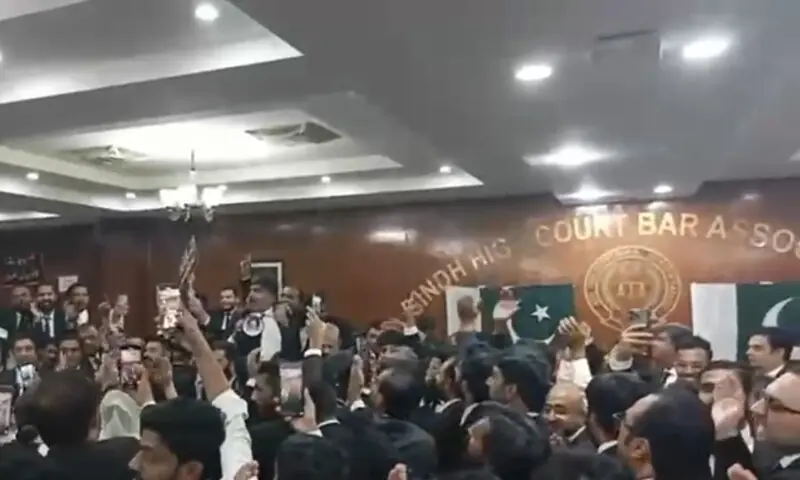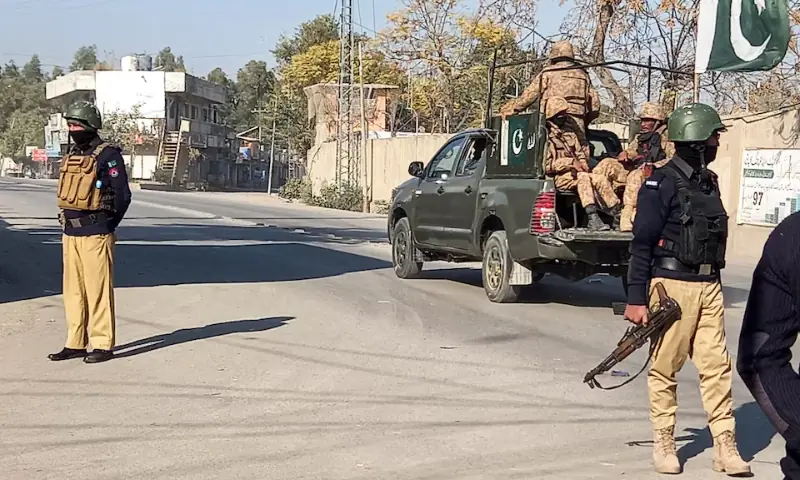PTI leader Taimur Saleem Jhagra said judicial corruption and institutional mistrust were barriers to capital investment in the country, while attacking the government on Saturday following the release of the International Monetary Fund’s (IMF) Governance and Corruption Diagnostic Assessment (GCDA) report.
The report, released earlier this week, highlighted persistent corruption challenges in Pakistan driven by systemic weaknesses across state institutions and called for the immediate initiation of a 15-point reform agenda to improve transparency, equity and integrity.
Speaking at a press conference on the report in Islamabad with former Sindh Governor Mohammad Zubair today, Jhagra highlighted a part of the report which said: “The judicial sector, which is organisationally complex, is not capable of [reliably] enforce contracts [or protect property rights] due to problems of efficiency, outdated laws and the integrity of judges and judicial personnel.”
“[The report] It also points out how capital investments in the country have been undermined by concerns over the vulnerability of judicial institutions to corruption,” the PTI leader said.
“One obstacle to investment in Pakistan is that the investor is afraid that its judicial institutions are corrupt,” Jhagra said.
He added that according to the IMF, the judiciary also cannot play a role in the economy, apart from political issues and those related to justice in society, as distrust in the system scared away investors and businessmen.
Speaking about the role of the National Accountability Office, he said the report criticized its structure and that anti-corruption efforts were limited by “a heavy reliance on a single institution exposed to strong political influence.”
“When the IMF says that there is corruption in Pakistan, and the IMF claims that the institutions in Pakistan, meant to fight corruption, are uncoordinated and their actions are politically influenced; do you accept it or not?”
“If there is something that is written about the most, it is that everything is in the hands of the government,” said the former KP Finance Minister.
According to the IMF, “state domination extends to employment, where the State employs 72 percent of people with formal jobs.” Referring to this part, Jhagra said that undue favors were inevitable when the State administered sectors it should not have.
The IMF noted, as Jhagra emphasized, that the country’s sugar sector was a case study of how the intertwined relationship between economic and political elites and state regulators had combined to capture public benefits at high cost to the population.
“Sugar sector companies benefited from favorable government policies, subsidies and regulatory loopholes for decades, mainly due to the nexus between industry magnates and political leaders,” according to the report.
Jhagra also noted how the report criticizes the role of the Special Investment Facilitation Council (SIFC), saying it operates with “untested transparency and accountability provisions”.
Giving his own opinion on the matter, Jhagra said the SIFC was created by the PML-N government to keep the stakeholders of the current self-admitted hybrid setup placated and happy.
“They knew it wouldn’t represent a cent of investment and they haven’t tried it either.”
Jhagra said there were only two paths left after the report was published: one was for the government to start working on the problems and solutions outlined or provide answers to questions that have arisen since the revelations became public.
However, he joked that the former was unlikely as “the government will not remain and the SIFC will not remain.”
Meanwhile, Zubair alleged that the IMF report was only released by the government after “immense pressure” from the institution.
He further alleged that the SIFC awarded contracts to favorite contractors and that those involved in the sugar scandal were protected.
The former PML-N stalwart said 240 million people were suffering due to the political failure of the current government, which had turned into an economic crisis.
He also said it was unfortunate that no government representative had denied the report even after 48 hours. The former governor demanded an investigation following the report’s revelations.
Politicians, under the banner of the opposition alliance Tehreek Tahafuz Ayeen-i-Pakistan, lashed out at the government and accused it of hiding the report for three months.
They also alleged that the report had identified corruption worth Rs 5.3 trillion in the government system and called it the “worst financial scandal” in the country’s history, demanding that the names of those responsible be made public.
